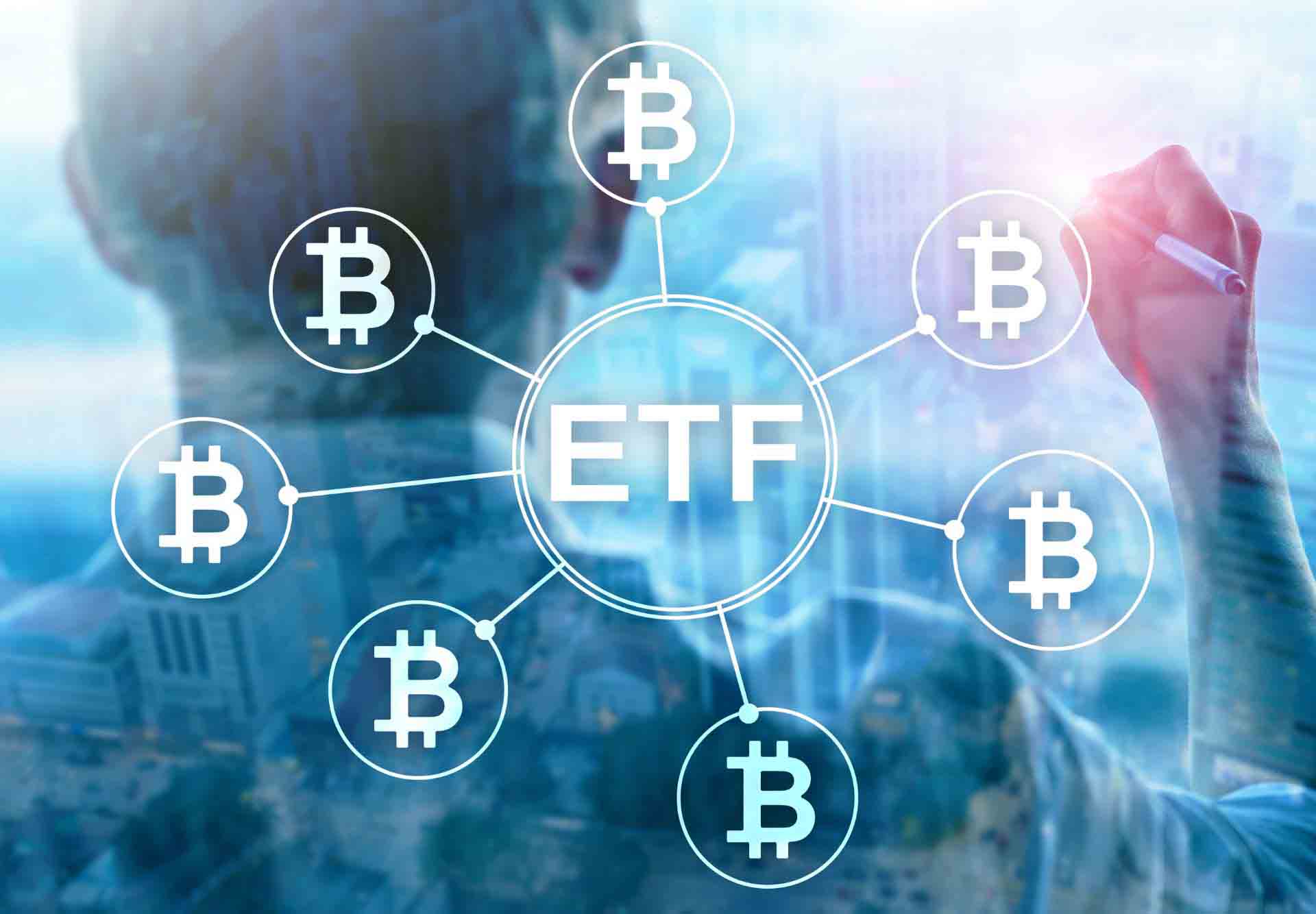Is Bitcoin ETF the New ‘Paper’ Bitcoin?
Are you intrigued by the idea of owning ‘paper’ Bitcoin? With the rise of Bitcoin ETFs, you might soon be able to invest in an asset that could prove to be as illusory as the U.S. dollar.
Recently, we’ve witnessed a spike in interest from the traditional financial sector for cryptocurrency-based exchange-traded funds (ETFs). BlackRock, after facing initial issues with the Securities and Exchange Commission (SEC), submitted a revised Bitcoin ETF application on July 3. Just a week before, Fidelity, among other investment firms, submitted their Bitcoin ETF applications to the SEC. HSBC has also taken the lead as the first bank to offer Bitcoin and Ether ETFs to its customers in Hong Kong.
Bitcoin: The Ripple Effect of Good and Bad News
Bitcoin’s journey has always been marked by a paradox: seemingly positive developments often harbor long-term detriment, while negative news tends to fortify Bitcoin’s foundation over time. The 2017 “Blocksize War” serves as an excellent example of the latter, which saw the Bitcoin community split into two factions: the big block supporters, who launched the Bitcoin Cash fork, and the small block advocates, who executed the Segregated Witness upgrade in Bitcoin.
While the fallout appeared disastrous initially, leading many critics to predict Bitcoin’s downfall, it actually illuminated important lessons on decentralized consensus, paving the way for layered scaling via the Lightning Network.
However, positive news can take a turn for the worse, as demonstrated by FTX. FTX’s rise to fame in 2022 showcased the mainstream acceptance of crypto with their Superbowl ads, stadium naming rights, and glossy magazine features. However, FTX turned out to be a ticking time bomb that significantly set back the industry’s credibility when it exploded.
Ironically, the seemingly bad news—FTX’s collapse—could prove beneficial in the long run, as it will likely encourage users to handle their Bitcoin more prudently, reducing the systemic risk of massive custodian failures.
Steering Clear of Counterfeit Bitcoin
The collapse of FTX has underscored that centralized exchanges are not the best solution for investors seeking to capitalize on Bitcoin’s immense potential. And neither are ETFs. Bitcoin-linked ETFs are arguably an even worse proposition than centralized exchanges, as there is no opportunity to withdraw the actual Bitcoin, denying holders the crucial ability to control their funds without relying on anyone.
The wider market also stands at risk from ETFs. There’s a danger that “paper Bitcoin,” or claims unsupported by real Bitcoin, could distort the market and undercut Bitcoin’s monetary policy. Past issuers of paper Bitcoin, like FTX, were eventually put in check by withdrawal runs and eventual collapse.
However, this is unlikely with ETFs. Without the possibility to withdraw the underlying asset, paper Bitcoin could be freely produced. If Bitcoin ETFs become the prevalent investment method, it could result in a deluge of paper Bitcoin, depressing the actual Bitcoin price.
Bitcoin Ownership: Possession is Nine-Tenths of the Law
When it comes to Bitcoin, control over the associated cryptographic keys equates to ownership. While one might legally own Bitcoin without direct control over the keys—such as owning an exchange account or holding an ETF share—this is generally ill-advised within the Bitcoin realm.
Given Bitcoin’s digital nature, perfect portability, and global liquidity, it is particularly vulnerable to misappropriation, theft, or simple mismanagement. The only secure way to truly own Bitcoin is by controlling the keys.
While some may cheer a potential short-term price hike linked to a major Bitcoin ETF approval (like BlackRock’s), the long-term effect on Bitcoin adoption and its price could be detrimental. True adoption entails self-custody; everything else is a snare.

